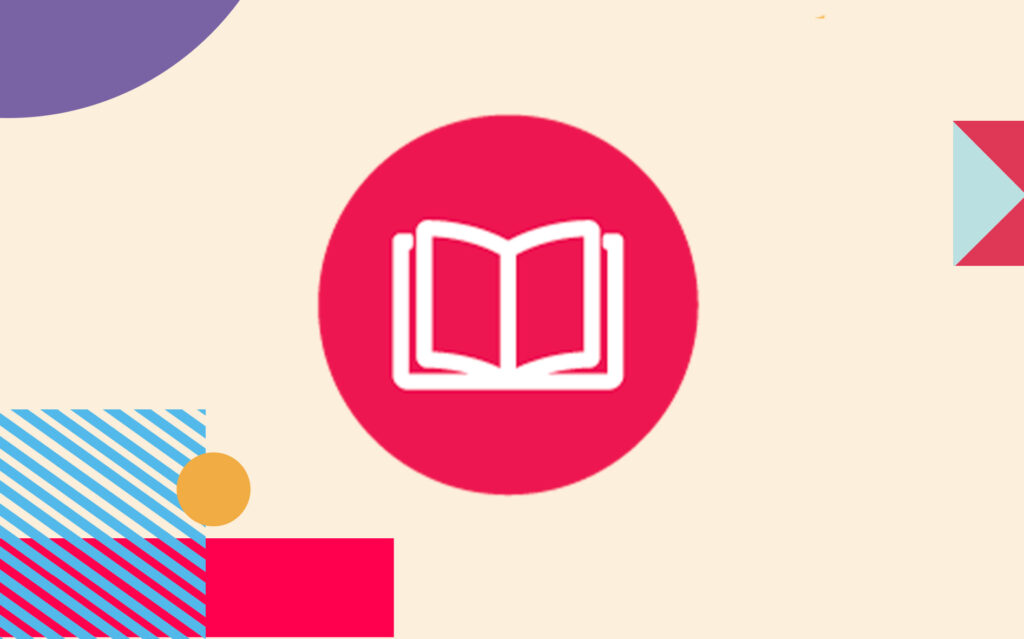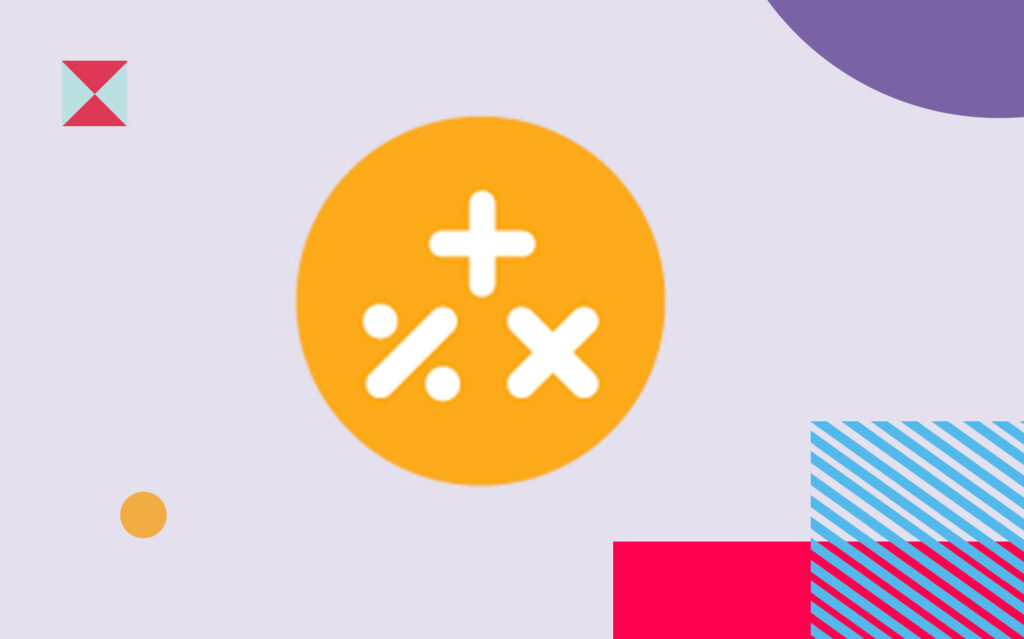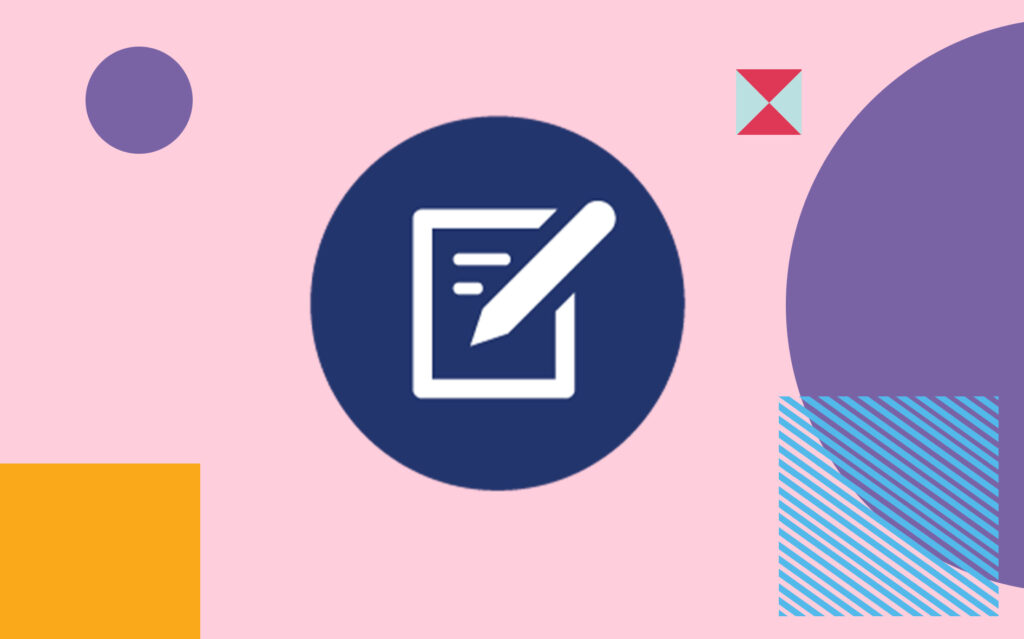ICAS Spelling Bee

Assess school students’ spelling skills with ICAS Spelling Bee
Spelling is more important than it seems — it lays a crucial foundation for literacy, communication and broader academic success. Which is one reason why our Spelling Bee competition is so popular!
It’s easy to dismiss the importance of spelling, but for every assumption, there is a strong, research-backed counterargument. Why bother learning to spell when autocorrect can do it for you?
Spell checkers aren’t always available, and they don’t always catch all errors — usually only 30 to 80 per cent of misspellings. Does spelling even impact learning in other areas? Yes — research has shown that the processes underlying learning of spelling, reading and writing are all closely interlinked. But isn’t it only relevant for young children? Absolutely not. Continued, appropriate spelling instruction (and accompanying Spelling tests) facilitates vocabulary development, increased confidence in communication, and the perception of professionalism and trustworthiness. For example, it has been reported that 80% of poorly spelled or written job applications are thrown out immediately.

Skills tested for ICAS Spelling Bee
In recognition of the subject’s educational and practical value, the ICAS Spelling Bee competition is designed to provide an objective ranking of students’ performance based on the curricula for the relevant year. Spelling is a critical component of literacy, communication and broader academic success. It’s a complex skill involving phonological, orthographical, morphemic and etymological knowledge, and one that is important to master — and there is no better opportunity to test your knowledge than with ICAS assessments.
More than simply a spelling competition, the ICAS Spelling Bee test papers consist of different types of questions written and reviewed every year by expert educators. Papers are carefully graded to stimulate interest and learning across a wide range of abilities, including gifted and talented students. They assess students’ skills at spelling words in four different contexts:
Dictation
Rules & Conventions
Proofreading
Error Correction
(excluding the introductory paper)
The words tested range from simple, frequently used words to less common and technical words with difficult or unusual spelling patterns. These words can be organised under four types of spelling knowledge:
- visual (orthographical): using memory of the visual features of a word
- phonological: using sound-letter relationships
- morphemic: using parts of words to build word families
- etymological: using word origins and derivations.
What Year 2 to Year 7 students do in ICAS Spelling Bee
ICAS Spelling Bee tests a variety of different kinds of words organised by the four types of spelling knowledge. Within each type, papers will contain some words that are easy to spell for students at the year level, some that are of medium difficulty and some that are quite challenging. Some examples of the range of difficulty of words tested include:
- grammatical words (e.g. that, above, themselves)
- homophones and commonly confused words (e.g. past/passed, quite/quiet, stationary/stationery)
- vowel/consonant trigraphs (e.g. pair, frighten, courageous)
- confusion between single and double consonants (e.g. happy, disease, accommodation)
- adding multiple affixes (e.g. unkindly, usefully, insignificance)
- foreign words (e.g. pizza, garage, bazaar).
Please note that the ICAS Spelling Bee assessment requires earphones and the Janison Replay application. Click here for more information.
All ICAS test subjects
As the world’s global language and arguably one of the most important subjects of the Australian curriculum, English is a crucial building block for academic success.
As the foundation of STEM and a fundamental part of human thought and logic, Mathematics is a crucial building block for academic success.
In a world full of wicked problems like pandemics, climate change and food security, science is more important and more exciting than ever before.
In a digital world where technology underpins how we communicate, learn, work, and navigate our modern lives, understanding Digital Technologies is essential.
As our primary means of communication in academic, social and professional life, writing is one of the most fundamental skills to practise and master.
Spelling is more important than it seems — it lays a crucial foundation for literacy, communication and broader academic success.





